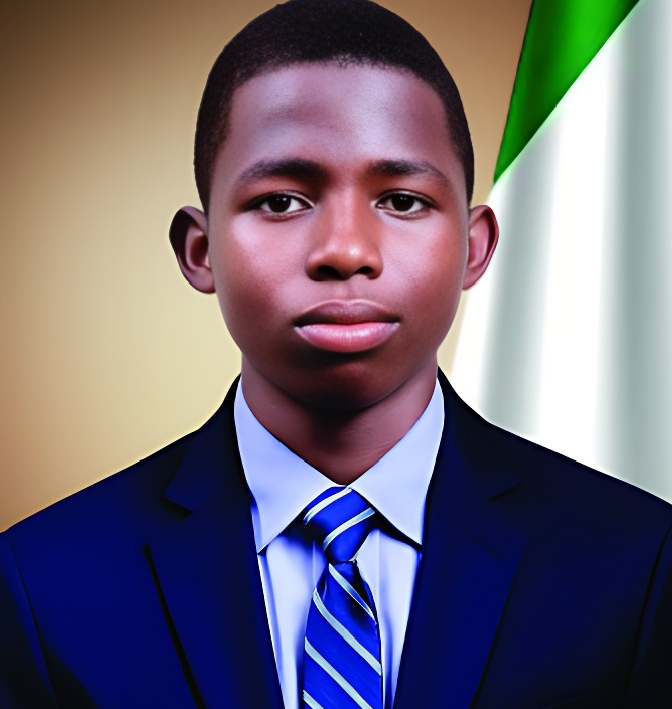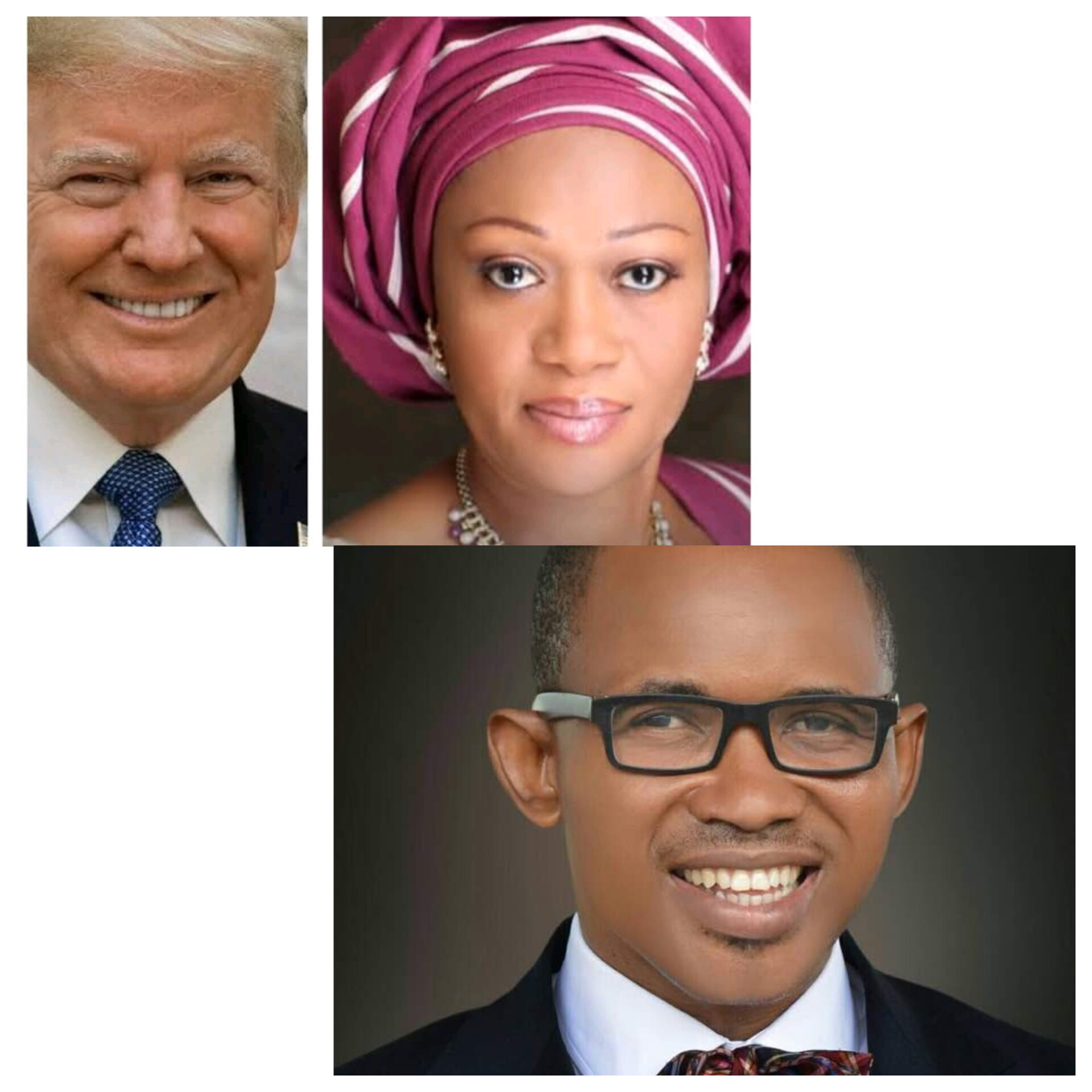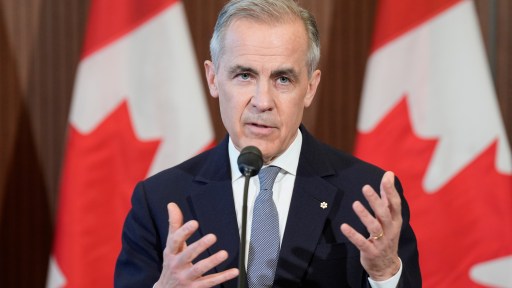BIOMEDICAL TECHNOLOGY AS NIGERIA’S NEXT FRONTIER by Eugene Nanven.

BIOMEDICAL TECHNOLOGY AS NIGERIA’S NEXT FRONTIER by Eugene Nanven.
Nigeria is approaching a defining moment in its history. With the population projected to surpass 400 million by 2050, the pressure on our healthcare system will be unlike anything we have ever faced.
For decades, we have proudly called ourselves the “giant of Africa,” yet too often that giant leans on crutches forged by others.
In matters of health, medicine, and the technologies that sustain modern life, Nigeria remains dangerously dependent on external powers. Every syringe, diagnostic kit, dialysis machine, and vaccine is imported. And when global crises erupt, nations with biomedical strength shield their people first while we stand at the back of the line, begging for what remains.
This dependency is not born out of lack of talent. On the contrary, Nigeria is rich with human potential. Our universities produce brilliant young men and women in medicine, biology, and engineering. Nigerians are contributing to vaccine development, genetic research, regenerative medicine, and advanced diagnostics in laboratories across the United States, the United Kingdom, and Europe. The tragedy is that they thrive abroad because those societies provide what Nigeria has refused: infrastructure, investment, and respect for innovation. Brain drain continues to rob us of the very breakthroughs that could carry the Nigerian flag. Unless we HOLD ONTO biomedical technology as our national frontier, we risk a perpetual cycle of dependency, vulnerability, and disgrace.
The urgency of this matter cannot be overstated. Biomedical technology is not an abstract idea; it is the difference between survival and suffering. It is the reason a child in New York can have a rare genetic disease diagnosed within hours while a child in Lagos may never find an answer. It is the reason South Korea produces medical devices for export while Nigeria spends billions each year importing even the most basic hospital equipment.

As our population surges, diseases such as malaria, cancer, diabetes, autoimmune disorders, and sickle cell anemia will continue to rise, alongside the certainty of future pandemics. Without biomedical self-reliance, Nigeria will face a collapse of unimaginable proportions.
The irony is that Nigeria already has the foundation to rise. We have teaching hospitals, research centers, and talented scientists. What we lack is vision, coordination, and the deliberate choice to prioritize biomedical science. COVID-19 exposed this weakness more clearly than ever. While other nations raced to develop vaccines for their people, we waited, begged, and prayed. That cannot happen again. Nigeria must build the capacity to produce its own vaccines, biologics such as insulin, and critical drugs that millions depend upon. India became the “pharmacy of the world” because it made that choice decades ago. Nigeria, with its vast market and strategic position in Africa, can replicate such success if it acts with urgency.
Apart from pharmaceuticals, our hospitals depend on imported machines that frequently break down and cannot be repaired locally. Starting from X-rays to ventilators, dialysis machines to PCR units, every malfunction underscores our helplessness. Imagine instead a Nigeria where engineers and medical schools collaborate to design and manufacture diagnostic tools tailored for our unique challenges. We could pioneer low-cost malaria test kits, portable ultrasound devices, and even lab-on-a-chip technologies that test multiple diseases with a drop of blood. These innovations are transforming healthcare worldwide, and there is no reason Nigerians should remain mere consumers instead of creators.

Equally important is the emerging field of genomics. The future of medicine is personalized, and here Nigeria holds an untapped treasure: our extraordinary genetic diversity. Yet global genetic databases are overwhelmingly European, leaving Africans underrepresented. This imbalance means that many treatments are less effective for us.
A Nigeria Genomic Project could change that by sequencing genomes across our ethnic groups and uncovering insights into sickle cell disease, hypertension, diabetes, and cancers that disproportionately affect Africans. With artificial intelligence, these insights could evolve into predictive tools that guide treatments for Nigerian populations. This is not fantasy — it is the direction the world is already heading. If we fail to invest, we condemn ourselves to be patients in a system that was never designed with us in mind.
Artificial intelligence also offers hope for closing the doctor-to-patient gap, one of the worst in the world. AI models already detect tuberculosis in X-rays, identify malaria parasites in blood, and predict disease outbreaks from health data. I once worked on a project with a team from symsense.io where we trained machine models to predict and detect autoimmune disease, but the sad part is that this project didn’t have Nigeria at heart, in fact, I was the only Nigerian Involved. Nigerian-developed AI tools could do more: triage patients in local languages, guide rural health workers, and bring modern diagnostic intelligence to underserved communities. By building low-resource AI systems designed specifically for our realities, Nigeria could become a global leader in health innovation rather than a passive consumer.
The possibilities do not end there. Regenerative medicine — the science of repairing or replacing human cells, tissues, and organs — represents the next great frontier.
Every year, thousands of Nigerians suffer burns, injuries, and organ failure that our current system cannot adequately treat. In other nations, 3D bioprinting of tissues and stem cell therapies are advancing rapidly, often with Nigerian scientists in leading roles. There is no reason Nigeria cannot establish its own regenerative medicine institutes. Even modest progress would save lives and reduce the challenges that drives many to seek treatment abroad at impossible costs, including our presidents and leaders, which somewhat, is very shameful to me considering the fact that no other president has ever come to Nigeria for treatment from any other country.
We do not need to reinvent the wheel to achieve these goals. Other nations offer examples of what vision can accomplish. India became a pharmaceutical power by prioritizing local production early. Rwanda, with far fewer resources than Nigeria, pioneered drone-delivered blood supplies that have saved thousands of lives. Singapore transformed itself from poverty into a global biomedical hub within a single generation. None of these nations succeeded because of superior intelligence — they succeeded because of superior vision and coordinated determination. Nigeria must learn from them and refuse excuses for delay.
This must be treated not just as a development goal but as a national security priority.
A Nigeria that cannot secure its citizens’ health is a Nigeria permanently vulnerable to crisis. Building sovereign research funds, promoting partnerships between universities and startups, creating biomedical innovation zones, incentivizing diaspora scientists to return, and training the next generation of biomedical engineers and geneticists are all urgent tasks. But at the heart of it, this is about us the people. It is about whether a child in Kano with leukemia will be diagnosed in time, whether a mother in Enugu will find affordable insulin for her diabetes, and whether the next Nigerian genius will make breakthroughs at home instead of enriching another nation’s future.
The truth is simple: biomedical technology is the bridge between dependence and dignity The question before us is no longer whether Nigeria can do it; it is whether we have the courage to begin. If we seize this frontier, the world will see a nation that rose, built, and claimed its rightful place in history. If we refuse, then the next global health crisis will find us once again unprepared, and we will have face the reality whether we like it or not.
I am Eugene Nanven, and this is part of my broader effort in making the world a better place for all through innovation and problem solving, acknowledging the fact that the future of this country rest in our hands. Abuja 24th September 2025



